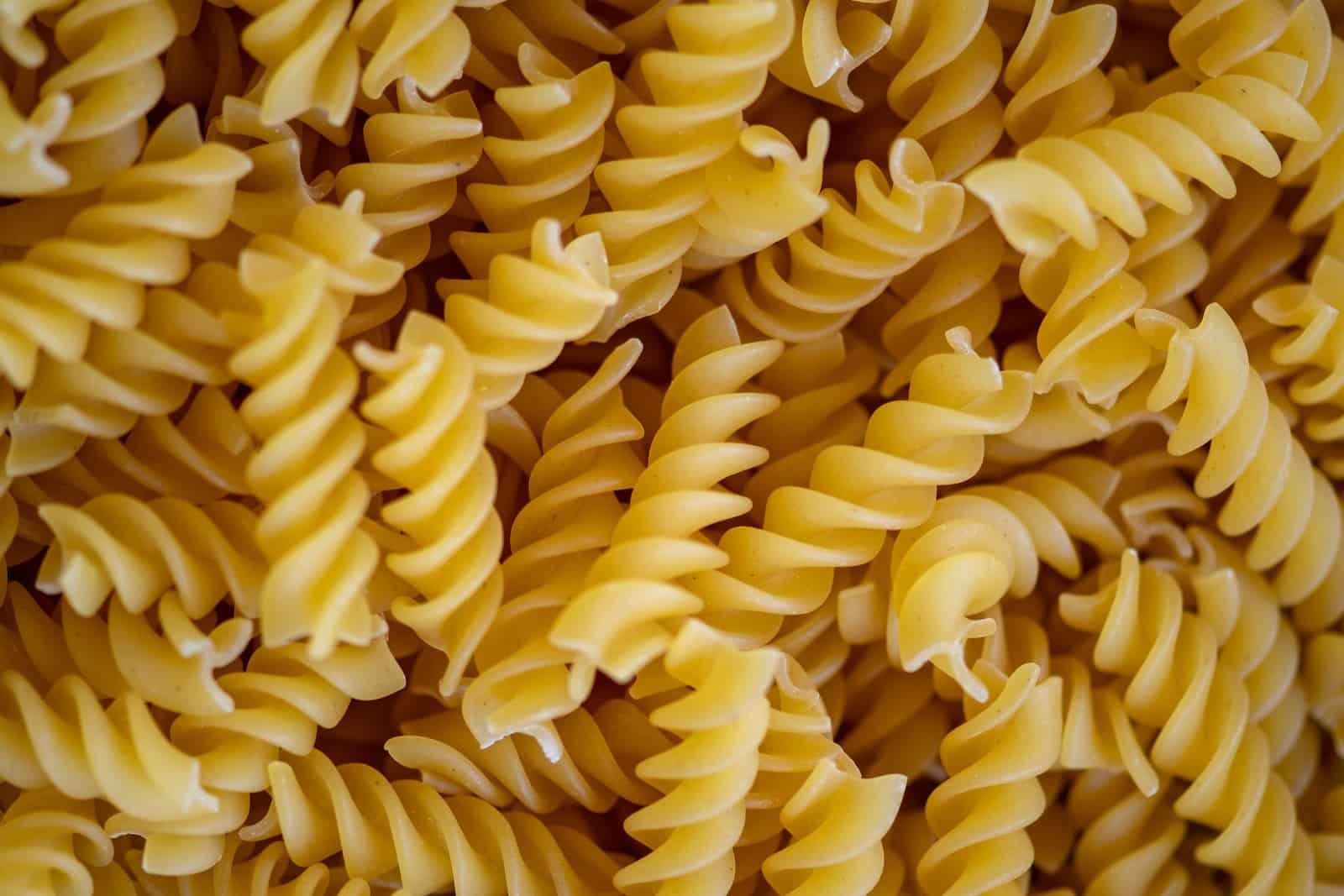Let’s face it, as much as we love pasta, sometimes our eyes are bigger than our stomachs. We’ve all been there, cooking enough pasta to feed an army when we’re just a few hungry souls. So, what do we do with all that leftover pasta? Or perhaps you’ve found yourself with a surplus of uncooked pasta and you’re not sure how to store it properly. Worry not! I’m here to guide you through the ins and outs of keeping your pasta fresh, both cooked and uncooked.
Storing Uncooked Pasta
Uncooked pasta is a pantry champion. It has a long shelf life if stored properly. Here’s how to keep it at its best:
- Keep it Dry: Store pasta in a cool, dry place. Moisture is the enemy of dry pasta, as it can lead to mold and spoilage.
- Original Packaging or Airtight Containers: If the packaging hasn’t been opened, your pasta should be fine on the shelf. Once opened, transfer it to an airtight container. This will protect it from humidity and pests.
- Away from Strong Odors: Pasta can absorb strong odors. Keep it away from onions, garlic, or other pungent foods.
Dry pasta can last up to two years if stored properly, according to the FDA.

Storing Cooked Pasta
Cooked pasta is a different story. It requires a bit more care to keep it fresh and tasty. Here’s what you need to know:
- Refrigeration: Once cooked, pasta should be stored in the refrigerator within two hours to prevent bacterial growth. According to the CDC, the danger zone for bacterial growth in foods is between 40°F and 140°F.
- Airtight Containers: Like uncooked pasta, cooked pasta should be kept in airtight containers to prevent it from absorbing odors and to retain moisture.
- Adding a Touch of Oil: If you’ve cooked more pasta than sauce, adding a little bit of olive oil can prevent it from sticking together.
Cooked pasta will keep in the refrigerator for 3 to 5 days.
Freezing Pasta
Yes, you can freeze pasta! Freezing can extend the life of your cooked pasta. Here are a few tips:
- Cool it Down: Make sure to cool your pasta completely before packing it away for freezing. This helps prevent the growth of ice crystals.
- Portion Control: Freeze pasta in portions that you’ll use for future meals. This makes it easier to thaw exactly what you need.
- Freezer-Safe Bags or Containers: Use these to protect your pasta from freezer burn.
Frozen cooked pasta can last for 1 to 2 months for best quality.

Reheating Pasta
When it’s time to reheat, do so carefully to maintain the quality and safety of the pasta. Reheat only what you will be eating, as the quality decreases each time pasta is reheated.
- On the Stove: Place the pasta in a pan or pot with a little bit of sauce or water, cover, and warm over low heat.
- In the Microwave: Cover the pasta with a microwave-safe lid or damp paper towel and reheat it on medium power to avoid overcooking.
Special Tips for Pasta with Sauce
If your pasta is already mixed with sauce, the same rules apply, but keep in mind that some sauces may not freeze as well as others. Cream-based sauces, for example, may separate and become grainy when thawed.
Key Takeaways
- Dry Pasta Storage: Keep it in a cool, dry place, and once opened, in an airtight container away from strong odors.
- Cooked Pasta Storage: Refrigerate within two hours of cooking and use airtight containers or bags.
- Freezing Pasta: Cool your cooked pasta before freezing and store it in freezer-safe containers.
- Reheating Pasta: Reheat only what you need to preserve quality, using either the stove or microwave.
- Pasta with Sauce: Some sauces may not freeze well, so consider this when storing your saucy pasta dishes.
Remember, food safety is all about keeping you and your loved ones healthy and happy, especially when it comes to enjoying your favorite meals over and over again. With these tips in your food safety arsenal, you’ll be a pasta-preserving pro in no time. Now, go forth and boil, store, and savor that pasta with confidence! Until next time, keep those noodles fresh and your kitchen safe# How to Keep Pasta Fresh


